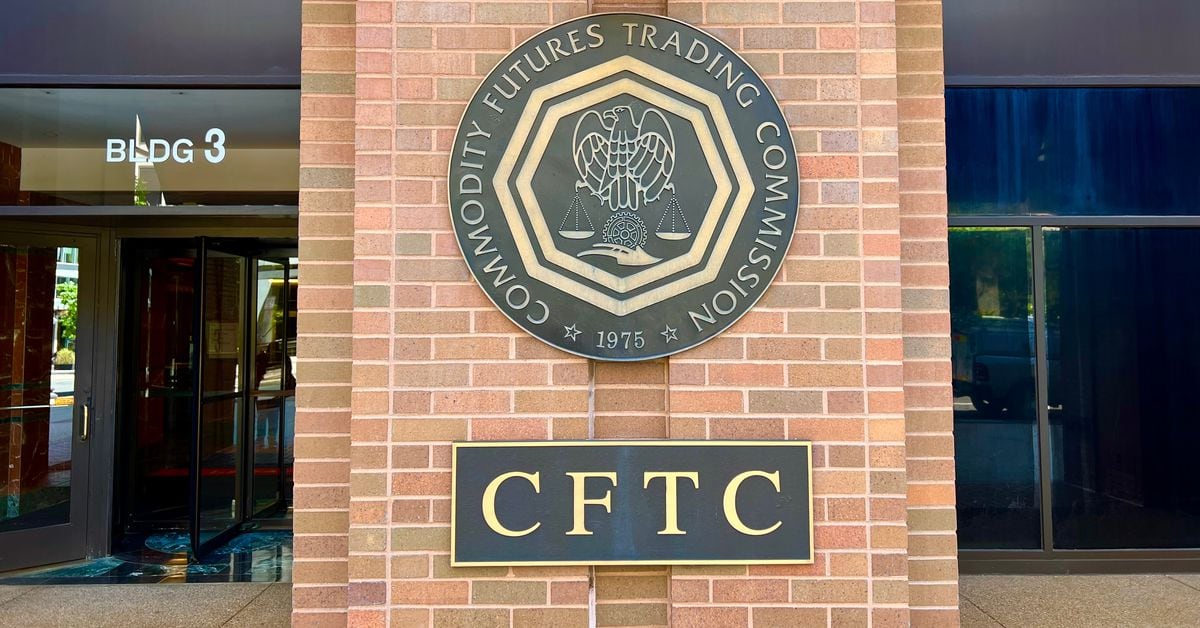In the evolving landscape of the digital economy, a fresh debate is bubbling concerning the regulatory approach towards prediction markets and their definition under existing frameworks. At the heart of this discourse is the broad interpretation of “gaming” by regulatory bodies, a definition that could potentially encompass a wide array of contracts that transcend traditional boundaries of sporting events. This expanding definition has garnered attention, igniting discussions about its alignment with legislative history and its implications for the future of digital contracts.
The Broadening Definition of Gaming: A Regulatory Perspective
The concern arises from proposed regulatory amendments that aim to treat certain contracts as “gaming”. This interpretation stretches far beyond the common understanding of the term, traditionally confined to sporting affairs. Critics argue that this broad categorization lacks consistency with the underpinning legislative intent, which historically hasn’t extended the definition of gaming to such extents. The essence of the debate focuses on how these evolving definitions could shape the regulatory landscape for digital markets, especially those reliant on predictive modeling.
Implications for Digital Contracts and Prediction Markets
Prediction markets, known for their innovative use in forecasting outcomes across various fields, from elections to economic indicators, stand at the intersection of this regulatory reevaluation. As regulatory frameworks evolve, the classification of these contracts under “gaming” regulations stands to influence their operational dynamics significantly. This shift could introduce a layer of complexity to the flourishing ecosystem of digital contracts, potentially altering how they are created, executed, and regulated. There’s an emerging consensus that adopting a narrowly tailored definition could foster a more conducive environment for innovation within this digital frontier.
Reflections on Legislative History
The discussion encapsulates a broader reflection on legislative history, urging a closer alignment between contemporary regulatory practices and the initial legislative intent. This alignment is crucial for maintaining a balanced regulatory approach that safeguards consumer interests while fostering innovation and growth within digital markets. The contention lies in finding this equilibrium, ensuring that the extension of definitions like “gaming” does not inadvertently stifle the potential of digital innovation.
Forwarding the Dialogue: The Path Ahead
The ongoing debate opens up avenues for constructive dialogue between regulators, industry stakeholders, and the broader community. It’s an opportunity to reassess regulatory frameworks in light of the dynamic advancements within the digital economy. The ultimate goal is to sculpt regulatory definitions and practices that resonate with current realities, promoting transparency, fairness, and innovation. As the dialogue progresses, it becomes imperative to consider the broader implications of regulatory interpretations and the pivotal role they play in shaping the trajectory of digital markets.
The discourse surrounding the definition of “gaming” in regulatory terms is more than a semantic debate; it’s a call to action for a thoughtful reassessment of how laws are interpreted and applied in the digital age. Perhaps, through collaborative efforts and open dialogue, a consensus can be reached that embraces the complexities of modern digital contracts while staying true to the original legislative intents. As we navigate these discussions, the focus should remain on fostering an ecosystem that thrives on innovation, inclusivity, and integrity.
In summary, the expanding regulatory definition of “gaming” presents a unique challenge to the digital economy, particularly affecting prediction markets and digital contracts. This shift warrants a nuanced discussion about legislative intent, the potential impact on innovation, and the broader implications for the digital marketplace. As stakeholders engage in this dialogue, the goal should be to forge regulatory paths that pave the way for future advancements, ensuring that the digital economy remains a vibrant landscape of ingenuity and progress.
